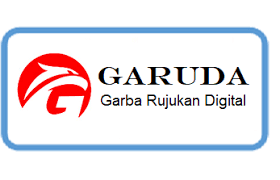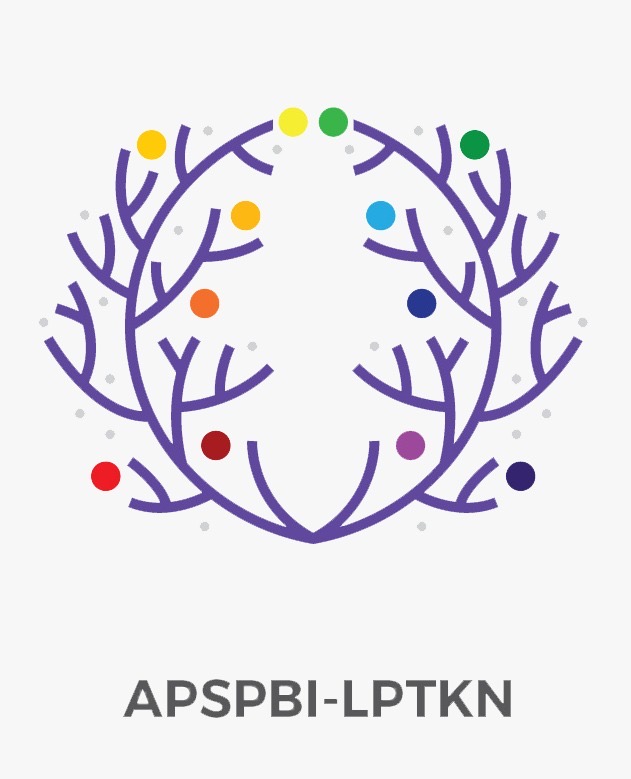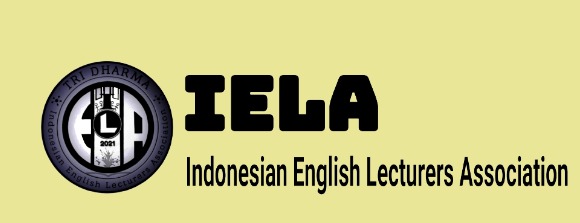AN ANALYSIS OF CODE SWITCHING USED IN CLASSROOM
 ), Sanerita T. Olii(2), Fivy Andries(3),
), Sanerita T. Olii(2), Fivy Andries(3),
(1) Universitas Negeri Manado
(2) Universitas Negeri Manado
(3) Universitas Negeri Manado
 Corresponding Author
Corresponding Author
Abstract
This study is aimed at analysing the forms or types of code switching and describing the meaning of the forms used by teacher or students in English learning process in classroom. In conducting this reseearch, the writer used descriptive method. The data were taken during English lerning process, where, there are teacher and students in. To collect the data the writer used recorder and notes. The data collected were analyzed by doing Unitization, Categorization, Explanation and Interpretation in English words and sentence, used as code switching during the classroom.The findings in this study show that code switching used by teacher and students during the English learning process are form of intersentensial code switching, intrasentensial code switching and tag switching. The meaning of those forms or sentence depend on structure of the sentence or context of the sentence. It is expected that, this research can give a contribution to the development of sosiolinguistics, and give motivation to other researcher to combine or improve the same topic of research in the future to develop English leraning process.
Keywords: Code Switching, English Learning Process
References
Bogdan, C.R. &Biglen. 1992. Qualitative Research for Education : An Introduction to Theory and methods. Massachusetts.
Breadsmore, H.B. 1982. Bilingualism : Basic Principle. Clevedon : Tieto
Brown, H.D. 1994. Principle of Language Learning and Teaching.Engkwood Cliffs, N.J:Prentice Hall.
Burns, R. 2005. Introduction to Research Method. Thousand Oaks, CA: Sage.
Gumperz, J. 1977.Sociocultural Knowledge in Conversational Inference. In: M. Saville-Troike (ed.), 28th Annual Round Table Monograph Series on Languages and Linguistics. Washington, DC: Georgetown University Press
Leung, C. (2010). European journal of social sciences.
Code-mixing in Print Advertisement and its Cultural Implications in Hong Kong,12, 417-429
Muysken, P. (2000). Bilingual speech: A typology of code-mixing.United Kingdom: Cambridge University Press
Nababan, P. W. J. 1986. Sociolinguistics :SuatuPengantar. Jakarta.
Nunan, David. 1992. Research Methods in Language Learning. Cambridge University Press
Siahaan, Sanggan. 2008. Issues in Linguistics. Bogor. Ghalia Indonesia
Siregar, Bahren Umar. 1996. Code Alternation in Bilingual Speech Behavior. Medan :
Universitas Sumatera Utara
Suwito. (1985). Sosiolinguistik:Pengantar Awal . Surakarta: Henary Offset
Wardhough, Ronald. 2002. An Introduction to Sociolinguistics, 4th en.Great Britain, Blackwell Publishers.
Article Metrics
Abstract View : 2365 times
: 2365 times Download : 371 times
Download : 371 times
DOI: 10.36412/jellt.v5i1.2431
Refbacks
- There are currently no refbacks.
Copyright (c) 2021 Journal of English Language and Literature Teaching









